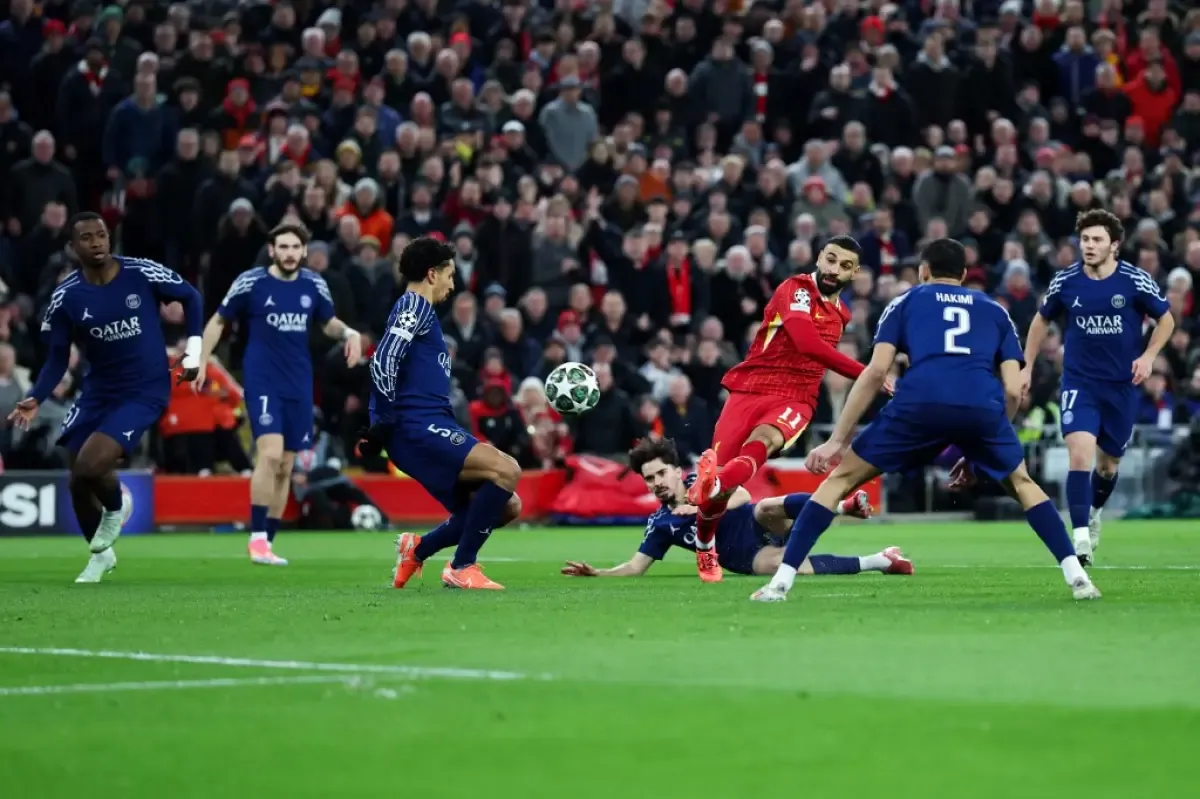Champions League Showdown: Who Will Rise and Who Will Fall?
The UEFA Champions League is back in full swing, with the knockout stage featuring 16 elite teams battling for European glory. As the tournament progresses, fans and analysts alike are eagerly speculating on which clubs will rise to the occasion and which will falter under pressure. With iconic teams like Real Madrid, Liverpool, and Barcelona at the forefront of the conversation, the stakes have never been higher.
The current landscape of the Champions League is particularly intriguing. Following the elimination of Manchester City, previously considered favorites, the competition feels more open than in recent years. This unexpected turn of events has heightened anticipation for the upcoming matches, as underdog teams like Feyenoord and PSV could capitalize on the uncertainty and challenge higher-ranked opponents.
Betting Favorites and Statistical Insights
Recent betting odds and predictions have placed Real Madrid, Liverpool, and Barcelona as the top contenders for the trophy. Liverpool, in particular, has been highlighted as a strong favorite, with statistical models favoring their chances of lifting the coveted trophy. Their impressive expected goals (xG) metrics indicate a potent attacking force, which could prove decisive in the knockout rounds.
However, it is essential to recognize that the tournament’s format adds a layer of complexity. Each matchup consists of two-legged ties, meaning teams must perform consistently over both games to advance. The home advantage can be pivotal, as teams look to capitalize on their supporters’ energy while aiming to secure a favorable result away from home.
Key Players and Tactical Approaches
As the tournament unfolds, key players will undoubtedly emerge as crucial to their teams’ success. Top scorers and playmakers from leading clubs will be under the spotlight, with their performances likely determining the outcomes of critical matches. For instance, while Barcelona boasts an impressive attacking lineup, their defensive statistics raise concerns. The team has allowed a high number of quality shots, potentially exposing them to vulnerabilities against more resilient opponents.
The tactical approaches of the remaining teams vary significantly. Some clubs rely on possession-based play, seeking to control the tempo of the match, while others favor counter-attacking strategies that exploit defensive lapses. This diversity in styles will make for intriguing matchups, as teams must adapt their game plans to overcome their opponents.
The Underdog Effect and Fan Engagement
One of the most captivating aspects of the Champions League is the potential for upsets. Teams like Feyenoord and PSV have shown resilience and could challenge the established giants. The excitement surrounding the tournament is further heightened by the possibility of an underdog team emerging as a surprise champion, reminiscent of past tournaments where lower-seeded teams made deep runs.
Fan engagement and viewership statistics indicate a growing interest in the Champions League, particularly in the United States. The allure of high-stakes matches and the drama of knockout football have captured the attention of millions, making this tournament a global spectacle. As fans rally behind their teams, the atmosphere in stadiums is electric, providing an unforgettable experience for all involved.
Managerial Experience and Match Preparation
Another factor that could influence the tournament’s outcome is the impact of managerial experience in high-stakes matches. Seasoned coaches often navigate pressure situations more effectively, utilizing their knowledge to guide their teams through the challenges of the knockout stage. This experience can be a decisive factor, especially when matches are tightly contested.
Moreover, the role of VAR (Video Assistant Referee) has been a topic of discussion throughout the tournament. Its influence on decisions has the potential to alter match outcomes, adding another layer of drama to the already intense competition. Teams must prepare not only for their opponents but also for the possibility of contentious decisions that could shape the course of their Champions League journey.
Financial Implications and Legacy
The financial implications of advancing in the Champions League are significant for clubs. Prize money, increased revenue from ticket sales, and broadcasting rights play a crucial role in the financial health of participating teams. For many clubs, a deep run in the tournament can be transformative, providing the resources necessary to invest in player development and infrastructure.
Historical context also plays a role in shaping current team dynamics and fan expectations. Past champions and their legacies weigh heavily on the shoulders of players and coaches, as they strive to etch their names into the annals of football history. The pressure to succeed is palpable, and the desire to replicate the success of those who came before them can be both a motivating and daunting factor.
Conclusion: The Road Ahead
As the Champions League knockout stage progresses, the question remains: who will rise and who will fall? With intense matchups on the horizon, the excitement is palpable. The blend of established giants and potential underdogs creates a captivating narrative that will unfold over the coming weeks.
In this unpredictable landscape, every match is critical, and teams must perform consistently to advance. The Champions League is not just a tournament; it is a stage where legends are born and stories are written. As fans around the world tune in to witness the drama, one thing is certain: the journey to European glory is just beginning, and the thrill of the beautiful game will keep us on the edge of our seats.






Leave a Comment